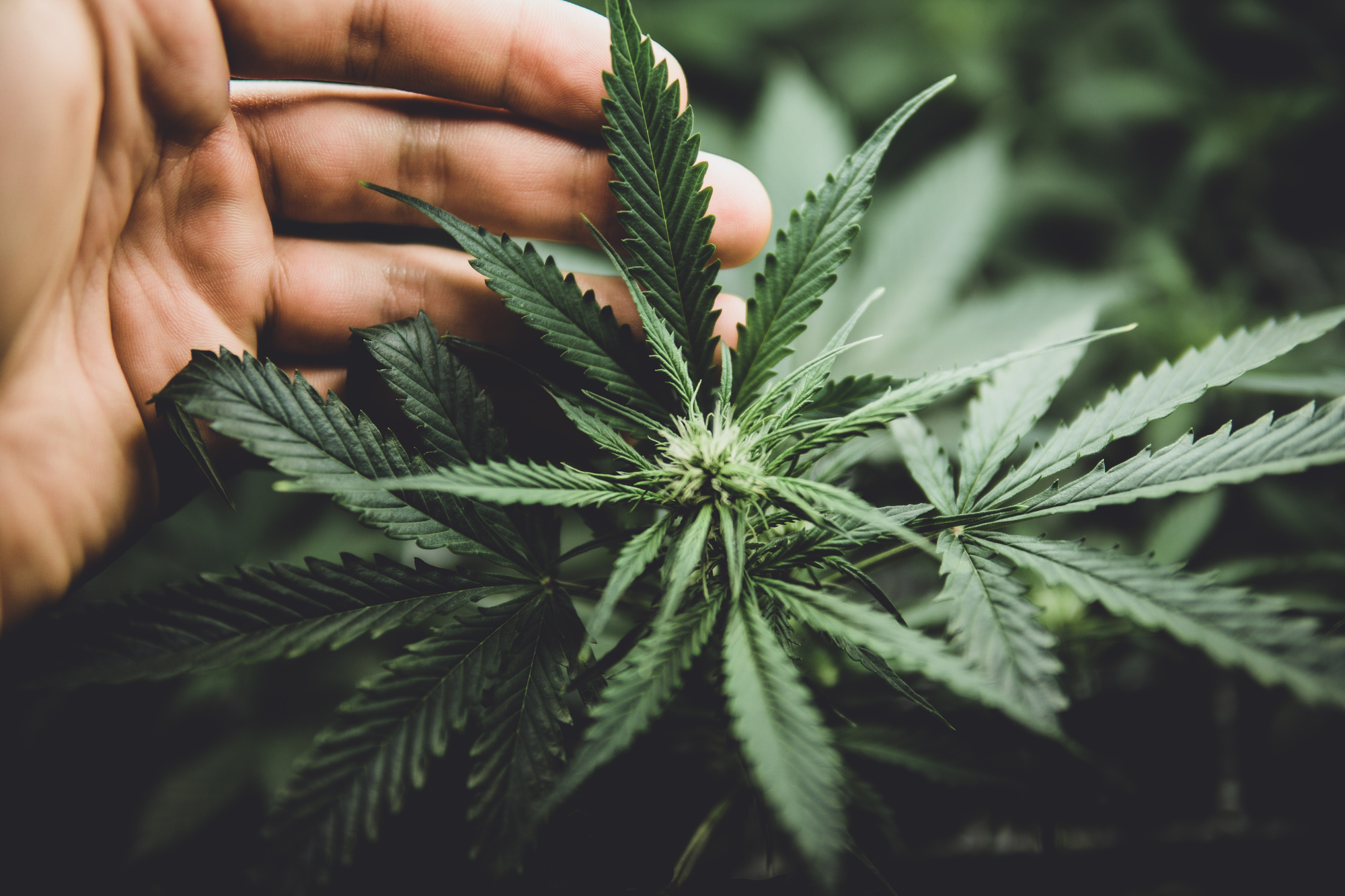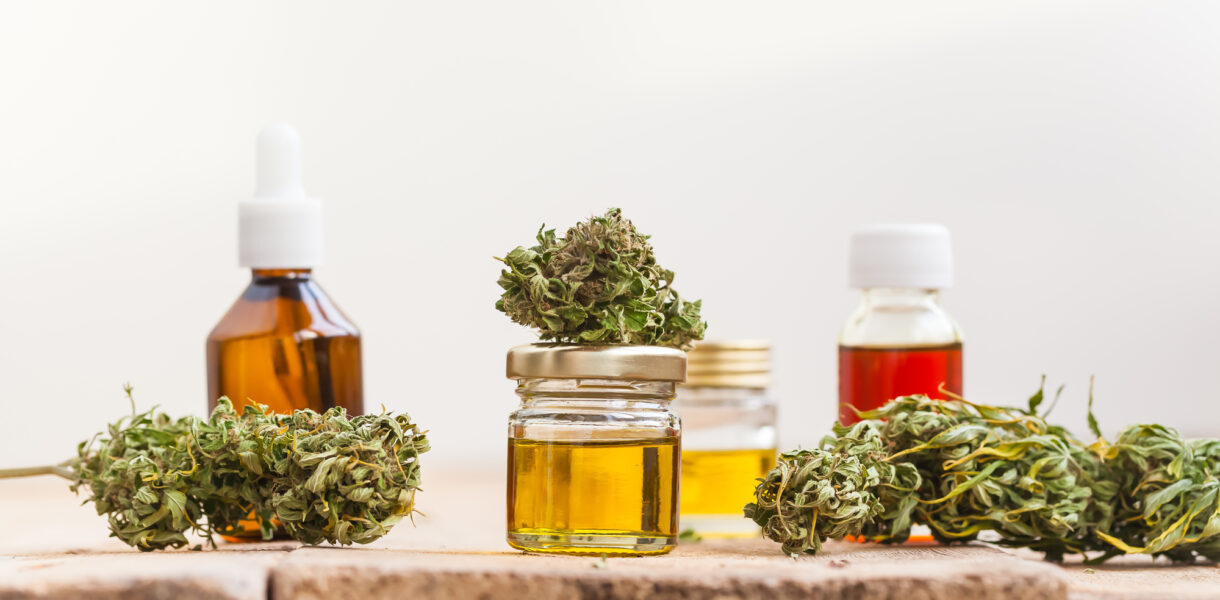Cannabis legalization has allowed experts to study more of its compounds. These cannabinoids have specific health benefits and effects on the mind and body. Two of the most prevalent cannabinoids in the market today are CBD and THC, particularly Delta-8.
CBD and THC have similar effects and benefits. Many cannabis users consume both these cannabinoids to maximize their experience. However, they also have distinct ways of interacting with the brain receptors.
What Is CBD?
CBD, or cannabidiol, is among the most well-studied non-psychoactive compound derived from hemp. It’s well-known for its health benefits, like improving sleep and relaxation. It’s a less intimidating cannabis product due to its zero psychoactive effects.
What Is Delta-8 THC?
Delta-8 tetrahydrocannabinol is a compound found in cannabis plants that has a slightly different arrangement of atoms than other THC compounds. It is typically extracted and concentrated to create various products such as tinctures, edibles, and vaping cartridges. One good example is the product Delta 8 Distillate.
Here are nine similarities and differences between CBD and Delta-8 THC based on their benefits and effects.
- Euphoria
Recreational cannabis users opt for THC due to its euphoric effects. As you feel high, you’ll experience calm, peaceful, and blissful sensations that you can laugh at the simplest things. Delta-8 offers these effects, although it’s not as powerful and long-lasting as Delta-9 THC, which is the primary psychoactive compound in marijuana.
In contrast, CBD doesn’t offer euphoric sensations. The closest feeling you can get to Delta-8 is a calm and relaxing experience. Therefore, Delta-8 is the best option for anyone who’d like to get high, and CBD is your best bet if you only want to chill without intoxication.
- Psychoactive Effects
The main difference between CBD and Delta-8 is the absence and presence of psychoactive effects. CBD offers all the health benefits without feelings of intoxication. In contrast, Delta-8 can make you feel high. However, some users call Delta-8 ‘cannabis lite’ since consuming it isn’t as intoxicating as smoking raw flowers or taking Delta-9 THC.
- Pain Relief
Early studies report CBD and Delta-8’s potential to relieve pain. These compounds provide a promising pain relief treatment for those allergic to NSAIDs or non-steroidal anti-inflammatory drugs, like ibuprofen. However, they differ in potency.
Recent studies suggest that Delta-8 is more effective in providing pain relief than CBD. THC is known for its anti-inflammatory properties, which may help reduce swelling and relieve chronic pain. It can also help manage stress, which is common in people suffering from body aches.
On the other hand, CBD can also help relieve pain. However, it may take effect slower than Delta-8. CBD has analgesic properties, which are helpful for body aches. It’s also ideal for topical applications for muscle and joint discomfort.
- Relaxation
In general, cannabis can make you feel relaxed. Consuming all the cannabinoids through smoking raw flowers can make you experience tranquility when consumed in proper doses. However, can you still achieve the same relaxing sensations by solely consuming CBD or Delta-8?
Delta-8 can relieve muscle tension and stress, leading to a deep relaxation state. However, it may also put you at risk of fatigue when taken in high doses. Therefore, low dosages are the best way to maintain safety and minimize adverse effects.
If you want to experience relaxation with minimal risks, CBD is an excellent choice. It can help relieve stress without making you feel high or sedated.
- Anxiety Relief
Experts continue to study cannabis’s full potential for treating anxiety disorders and other mental health conditions like depression and PTSD (post-traumatic stress disorder). Both CBD and Delta-8 THC show promising benefits in relieving anxiety symptoms.
CBD reacts with brain receptors responsible for managing fear, making it a possible alternative or supplementary treatment for anxiety and other related disorders. One study in 2019 shows that taking 300mg to 600mg of CBD per day can help reduce anxiety symptoms.
On the other hand, Delta-8 THC can also reduce anxiety with low doses. However, consuming too much can induce or worsen anxiety. Therefore, it’s best to consult a medical professional.

- Sleep Aid
Cannabis’ relaxing effects can help induce sleep. CBD and Delta-8 can help you fall asleep faster and stay asleep for the night. However, the body and mind may react differently to each compound.
CBD is a popular sleep aid. Research suggests taking 300mg 30 to 60 minutes before bedtime to help you relax and fall asleep. It may also help people struggling with insomnia and other sleep disorders.
Likewise, Delta-8 is a beneficial compound for improving sleep. Early studies show that it can reduce REM sleep or rapid eye movement sleep and nightmares, which is helpful for those struggling with PTSD and other anxiety disorders. Reducing REM sleep can also help one achieve restful sleep to feel energized the next day.
- Relieving Nausea
Medical experts consider using medical cannabis to treat nausea and vomiting in chemotherapy patients. Early trials show a positive impact, making it a potential supplementary treatment.
CBD supplements and products are more common to relieve nausea than Delta-8. Although THC may help ease nausea and vomiting, uncontrolled doses may lead to dizziness and fatigue. Therefore, most experts consider CBD the wiser and safer choice for maximizing benefits and minimizing risks.
- Boosting Appetite
Appetite boosters are necessary for people trying to gain weight healthily. Cannabis smokers may experience an increase in appetite, which leads to a strong desire for food.
While CBD may help boost your appetite, Delta-8 THC is more effective. It can also enhance your sense of taste, making food taste better. However, it can lead to binge eating. Therefore, taking it in moderation is the safest way to reap its benefits.
- Uplifting Mood
Cannabis provides a potential treatment for treating depression and other mood-related conditions. It can offer a mood-uplifting effect through relaxing and euphoric sensations. Both CBD and THC have anti-depressant properties but come with different risks.
Most experts and long-term users suggest taking moderate to high doses of CBD for depression. Since it’s not psychoactive, it prevents dependence in managing your mood.
On the other hand, you may also take low doses of Delta-8 THC. In moderation, it can help with mood regulation. However, high doses may lead to more significant risks, such as decreased cognitive function and dependence on the compound.
Conclusion
CBD and Delta-8 have similar health benefits and cause different reactions in the human body and mind. However, these may also come with risks. Therefore, consulting a health professional and purchasing products from trusted shops and dispensaries are best.


